How great is the business impact of the local culture?
A personal relationship with the business partner is of great importance. I think that is the main thing. They must be admitted to the inner circle. The Turkish people strongly believe that close personal ties are essential for good business.
There are many multi-generational family companies in the country. It is interesting to watch their routines and work with them. Those companies are built for generations ahead, not for the founders or their children, with each generation making its contribution.
Negotiations with such companies are of great value, it is like visiting a family where past is respected and future is carefully crafted. You will often find the pictures of ancestors who started the company hanging on office walls next to those of children and grandchildren.
How can you describe the negotiation process?
The style varies greatly fr om region to region, be it the company’s location or the founder's place of origin. Each town adds its own flavour.
Gaziantep, for example, is very patriarchal, while Izmir, by contrast, is more European-like. Sometimes, I ask my counterparts wh ere they are from, it helps clarify a lot of things.
But in any case, it is very important to show respect within the very first five minutes of your negotiations with Turkish business partners.
Saying a few words in Turkish would be a great way of doing so. "Merhaba" means "hello" and "teşekkürler" means “thank you”.
The patriarchal ways of Gaziantep come through in the talks as well.
"Merhaba" means "hello" and "teşekkürler" means “thank you”.
It is customary to bargain in Turkish marketplaces. What about business?
Of course, Turkish partners like to bargain and sometimes try to take advantage of an intentionally lowered price. They make a lot of arguments for it. You cannot just ignore those arguments, as it might also be considered disrespectful. So you have to be prepared to raise some good counter-arguments. To do that, you have to know the market and what your rivals are offering.
Once, I was clearly treated as an “outsider” and offered completely unacceptable terms. I just ended the talks and left. Later, it helped me a lot, changing the partners’ attitude and paving the way for a new, successful round of talks. Bargaining is OK as a ritual if the amounts are not critical. If I know that the customer looks to have a USD 10 discount, I will price it in beforehand to eventually concede it, saying: "That price is breaking my heart!” And everybody will be happy.
It is customary to bargain in Turkish marketplaces. That is also the way local businessmen negotiate.
The Russians too might be shouting or waving their hands throughout the talks – and no one would blame you for that in Turkey.
Does not that look theatrical?
Yes, but the Turkish are very expressive, they speak passionately and use a lot of gesturing to communicate. Although their conversion might seem a bit theatrical, it is part of their culture.
There is no such thing as "personal space" in Turkey. At first, it seemed odd to me that people always tried to hug me or pat me on my shoulder. But eventually, you get used to it, and now an arm’s-length conversation feels somewhat uncomfortable.
After all, the Russians are also quite emotional.
Yes, this is what we have in common. In contrast to the Europeans or the Chinese, who would remain deadpan throughout the talks, the Russians too might be shouting or waving their hands – and no one would blame you for that in Turkey. I’m from Belarus, we also have that trait.
Do you speak Turkish at talks?
Yes, it is the primary language.
View of Levent, a business district located on the European side of Istanbul.
Is it common to discuss some trivial or personal matters? Or one may cut to the chase straight away?
At least half of the talks is about personal matters. You definitely have to ask about the person's family and health. It is a natural extension of seeing business partners as like-minded people belonging to one's inner circle. Although cultural guidelines often cite some "no-nos", I did have to discuss things like politics, religion or alcohol with my Turkish partners.
It was going to be my next question, are there any taboos and sensitive topics?
The most sensitive one is football, I should say. Even best friends get mad sometimes arguing over their favourite teams.
Guests of the traditional tea house in Göreme, Turkey.
Good decisions are made over a cup of tea
In Turkey, no talks can be done without tea, which has to be hot and freshly brewed. The Turkish are very sensitive to how it is brewed and tastes, so tea bags are a rare thing here. Tea is immediately poured when your cup is empty – and this cycle never ends. Never refuse an offer of tea: it is impolite and would have a negative impact on the meeting outcome. A few cups of tea will give you an opportunity to mull everything over and make a balanced decision without any haste. Besides, an invitation for a cup of tea is a good reason to schedule the next meeting.
I once had a chance to visit a tea plantation in Rize suburb, help reap the harvest and bring it to the factory. After learning about that, one customer immediately placed a big order with us, making a prepayment one month ahead of the shipment. It turned out that Rize was his home town.
Is there anything you should never do in dealing with a Turkish partner?
You should never expose them as being dishonest or wrong, as the Turkish are very sensitive to that. Even if a person is dead wrong, you should never say that to their face. There were times when I exposed dishonesty, but then I knew we would never talk again. Now, if I see some person pulling tricks, I might turn it into a joke – but delicately.
Even if a person is dead wrong, you should never say that to their face.
Is it true that the Turkish do not shake their head in disagreement but rather raise their eyebrows and tut?
Yes, it is very common. After ten years, I have also adopted the habit. Even when in Moscow, I often raise my eyebrows and tut, leading people to think that I am joking or kidding. But in Turkey knowing the local ins and outs moves your talks forward as a foreigner’s respect for their culture is the manifestation of serious intentions.
Do the Turkish shake hands to greet each other?
Sometimes men in Turkey touch their heads and cheeks imitating a kiss but it is a mark of trust and respect between people who know each other very well. At business meetings you shake hands – same as everywhere.
Do they address each other by the first names?
A man’s name is accompanied by “bey”, which shows respect and is widely used. For women you would traditionally add “hanım”.
Reverence for the elderly and respect for women
Seniors are highly respected in Turkey. You can come across people on streets kissing an old person’s hand and placing it against their forehead. If a senior member of the family is at the talks, their voice will undoubtedly play into the outcome. Women in business do not face any obstacles – they are active and equal participants of the corporate life and often hold senior positions.
Are Turkish partners quick to make decisions? Is there a lot of corporate red tape or is everything done quickly and without unnecessary rounds of approvals?
A man’s name is accompanied by “bey”, which shows respect and is widely used. For women you would traditionally add “hanım”.
We typically hold talks with decision-makers. They do not need to consult anyone, get approvals or think for long. You come to the negotiations and should be ready to close the deal. If the customer agrees to our price or offers their own one, it is if they were signing a contract. It does not matter when the contract is prepared and signed – paper is of little importance. Even if the price is agreed over the phone, it will not change. The commitment is what matters. Sure, I have seen people trying to review the agreed terms but we do not make business with such companies.
What does the future look like to Turkish business people? Are they optimistic or pessimistic?
The Turkish are very optimistic. Economic shocks seem to be hitting the country as often as every three years, but that only makes local businesses stronger. If they lose everything, they will not be reluctant to rebuild it from scratch – with their enduring optimism.
What do your Turkish partners know about business in Russia? How do they treat Russian businessmen?
They used to consider Russian business volatile and unreliable. Ever since I began working here, I have been showing them that this perception is wrong. I can say that over the ten years, we have succeeded in changing it for the better. Today, if you ask our Turkish partners about SIBUR, they will tell you that we are a reliable partner.
Download PDF

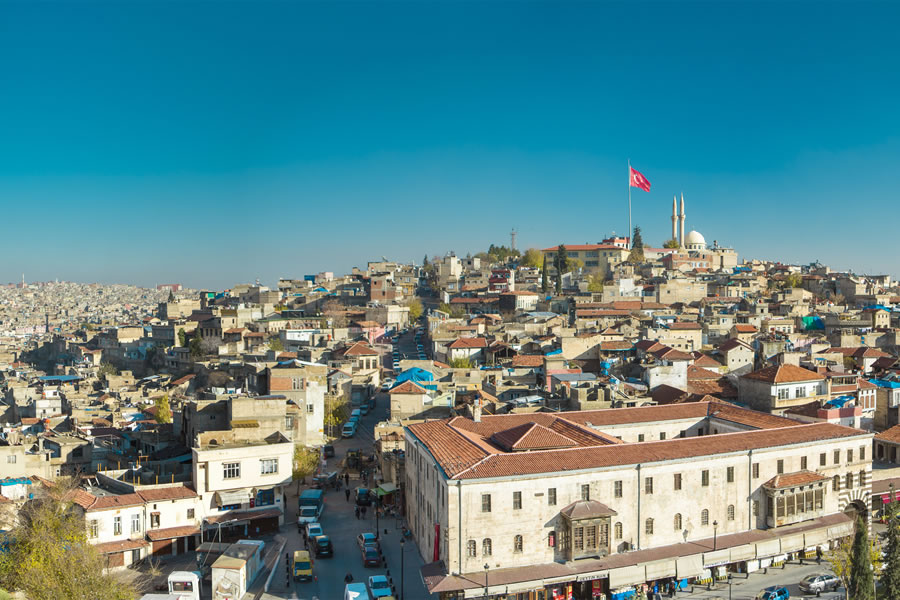
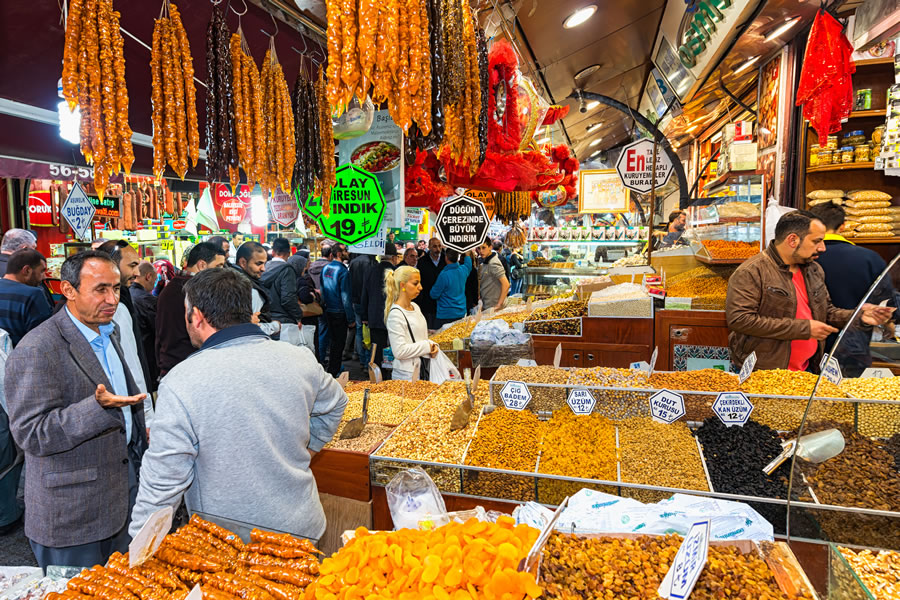
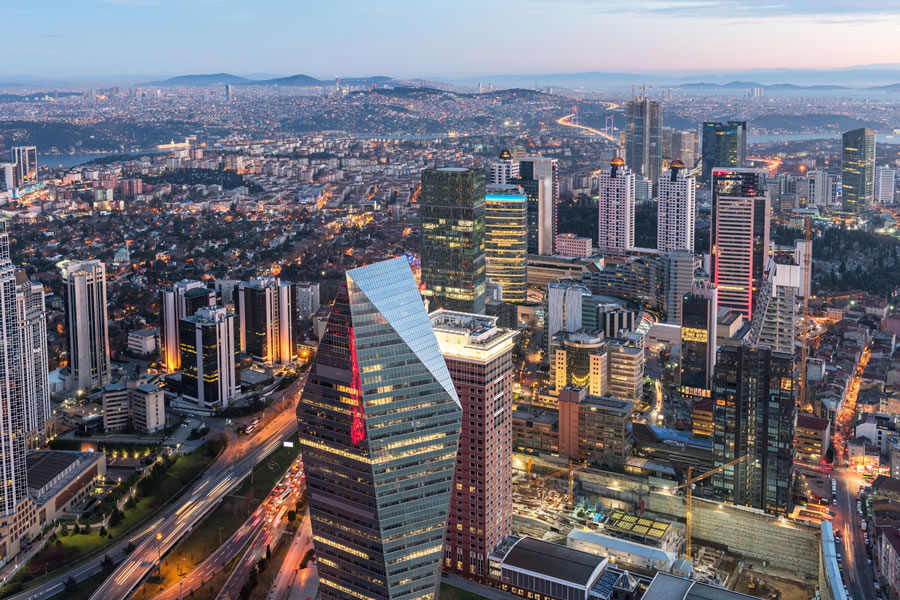
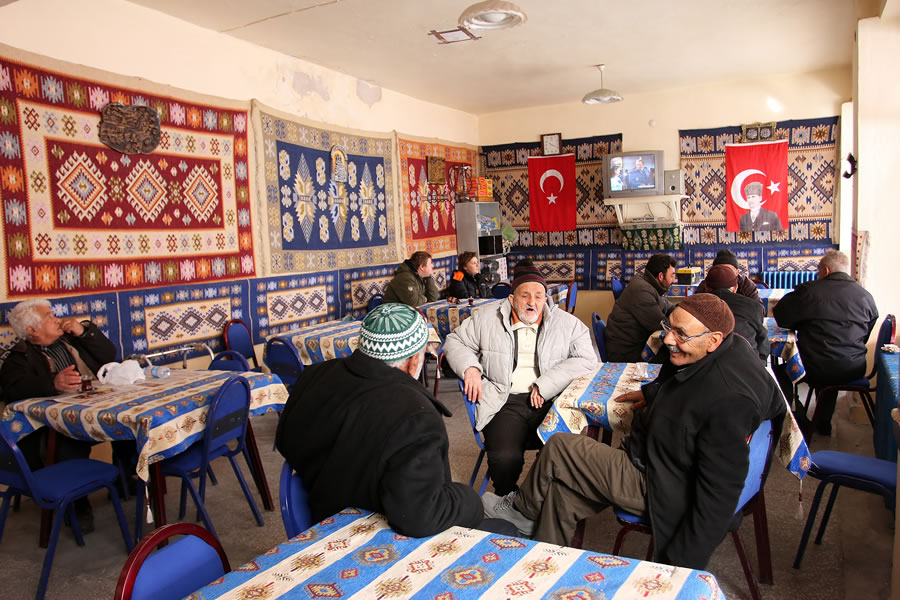
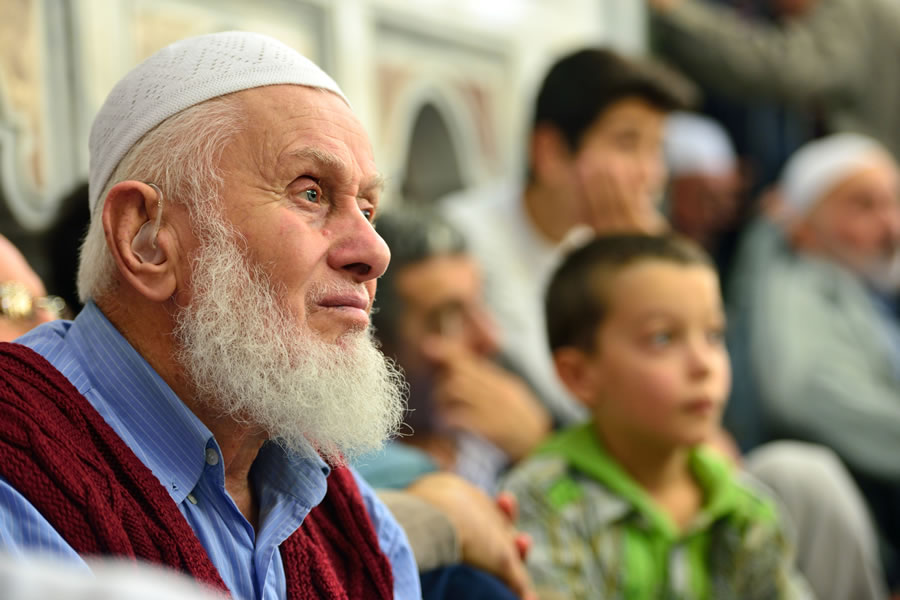





Sergey Grebenev
Head of SIBUR International in Turkey:
In Turkey they used to consider Russian business volatile and unreliable. But we have succeeded in changing it for the better. Today, if you ask our Turkish partners about SIBUR, they will tell you that we are a reliable partner.